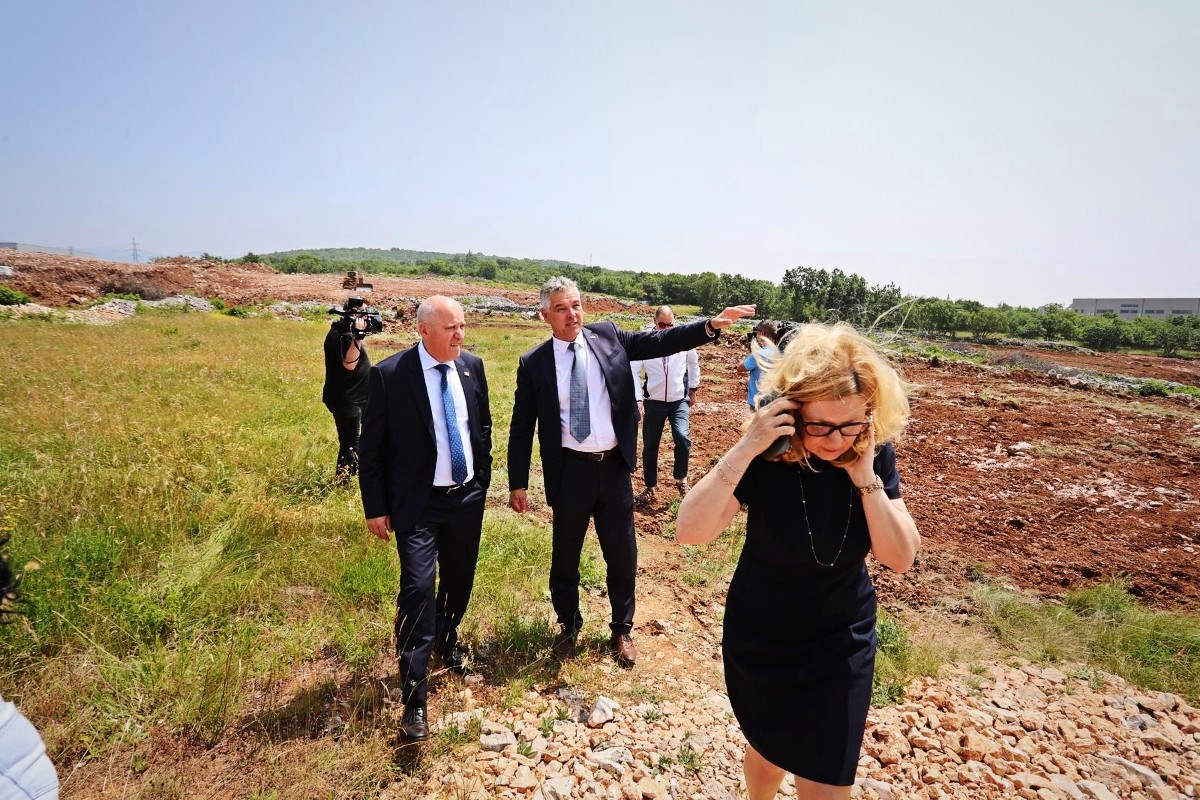Deputy Prime Minister and Minister of Spatial Planning, Construction and State Property Branko Bačić signed contracts for co-financing projects in Primorje-Gorski Kotar County worth 2.4 million euros. The projects include energy renovation, development of communal economy, and housing for young people. Agreements were also signed for the construction of two multi-apartment buildings in Vrbovsko and Mrkopalj, intended for young families with favorable rental conditions. Bačić emphasized that the state will take over the land, local units will provide communal infrastructure, and the state will build housing units that young families will be able to purchase later at favorable prices. The projects are part of a program funded by EU funds for competitiveness and cohesion, with a total value of about 80 million euros allocated for the construction and renovation of housing stock in assisted areas. Bačić praised the city of Bakar as an example of successful local government development and announced investments in sports and business infrastructure.
Political Perspectives:
Left: Left-leaning reports would likely emphasize the social benefits of the projects, focusing on affordable housing for young families, state intervention in providing housing, and the use of EU funds to support regional development and social welfare. They might highlight the importance of government support in reducing inequalities and promoting sustainable development.
Center: Center-leaning coverage would present the facts of the funding and projects in a balanced manner, highlighting the cooperation between state and local governments, the economic development aspects such as job creation in the Bakar business zone, and the efficient use of EU funds. The narrative would focus on pragmatic benefits and regional development without strong ideological framing.
Right: Right-leaning perspectives might emphasize the role of local government efficiency, the importance of investment in infrastructure and business zones to stimulate economic growth, and the responsible use of public funds. They may also highlight the potential for young families to become homeowners through market mechanisms and the importance of reducing state dependency over time.































